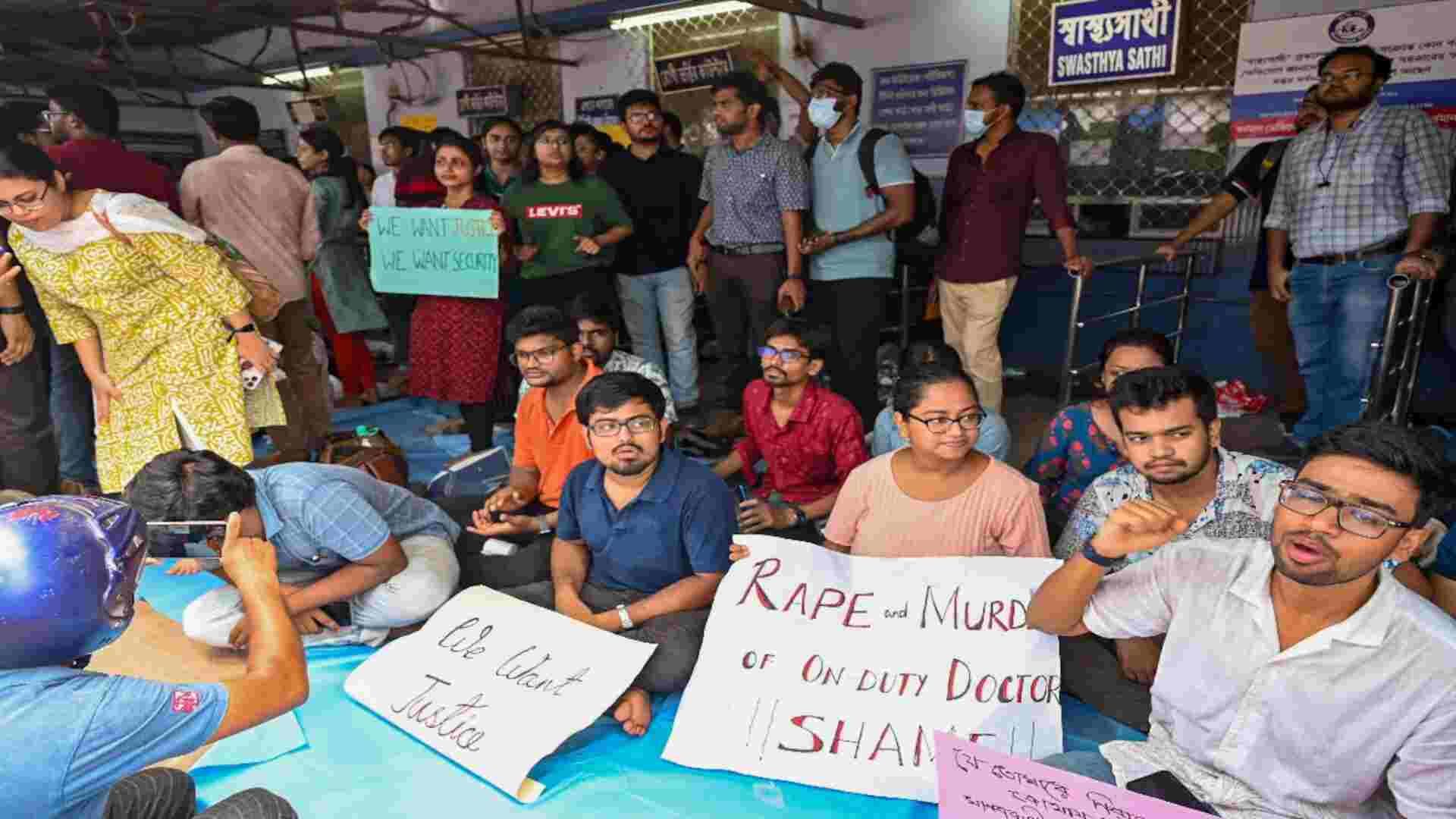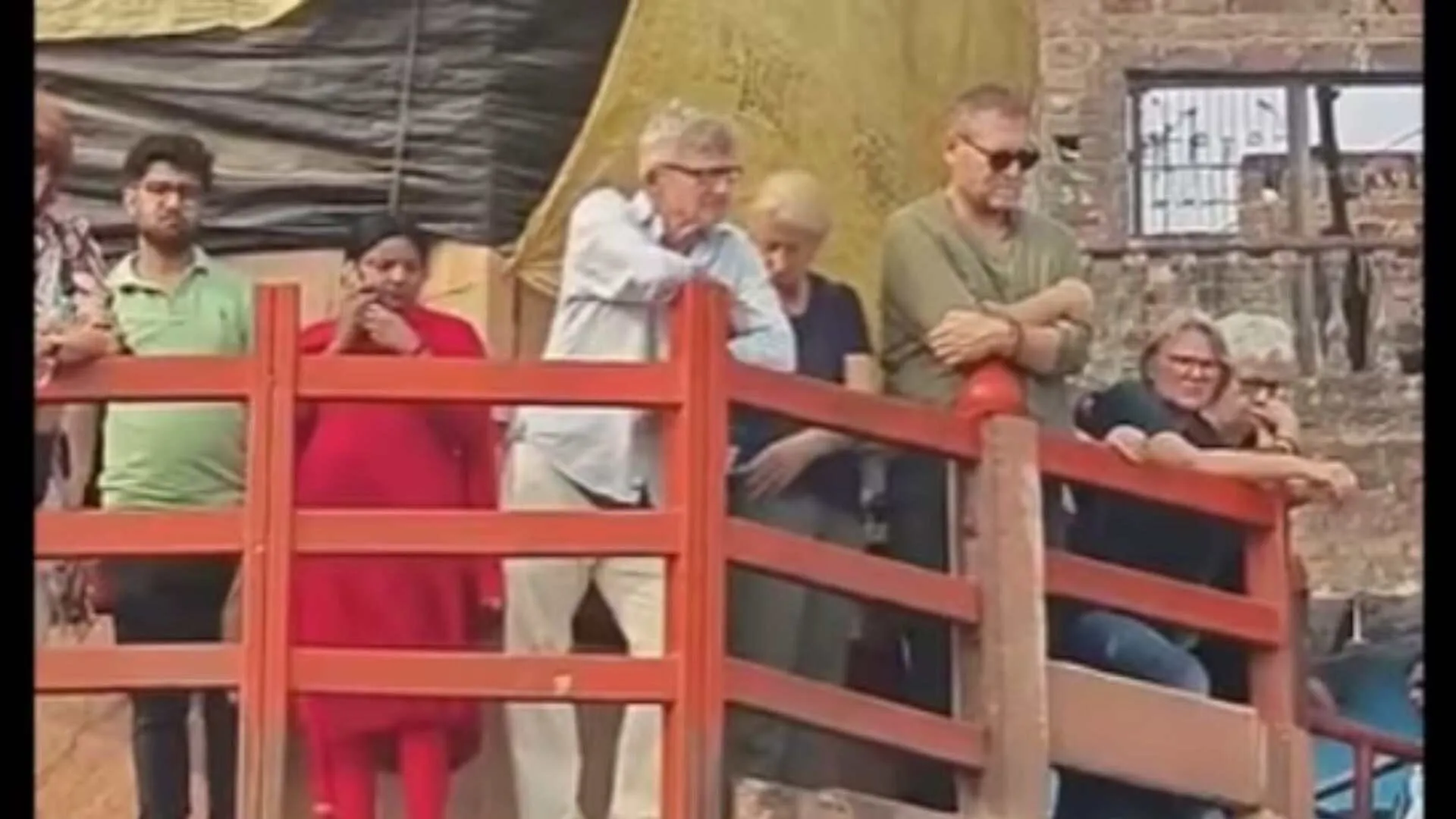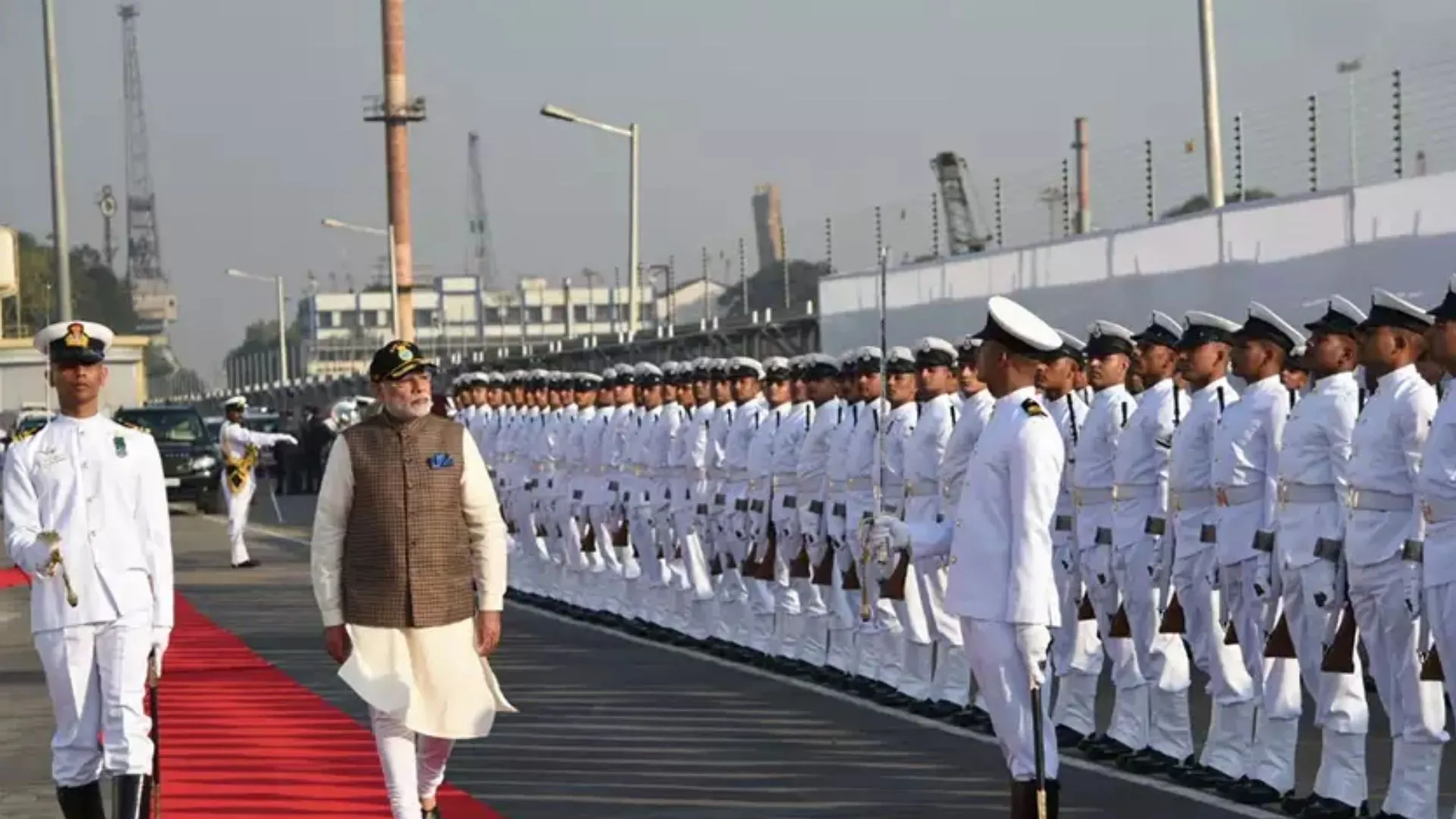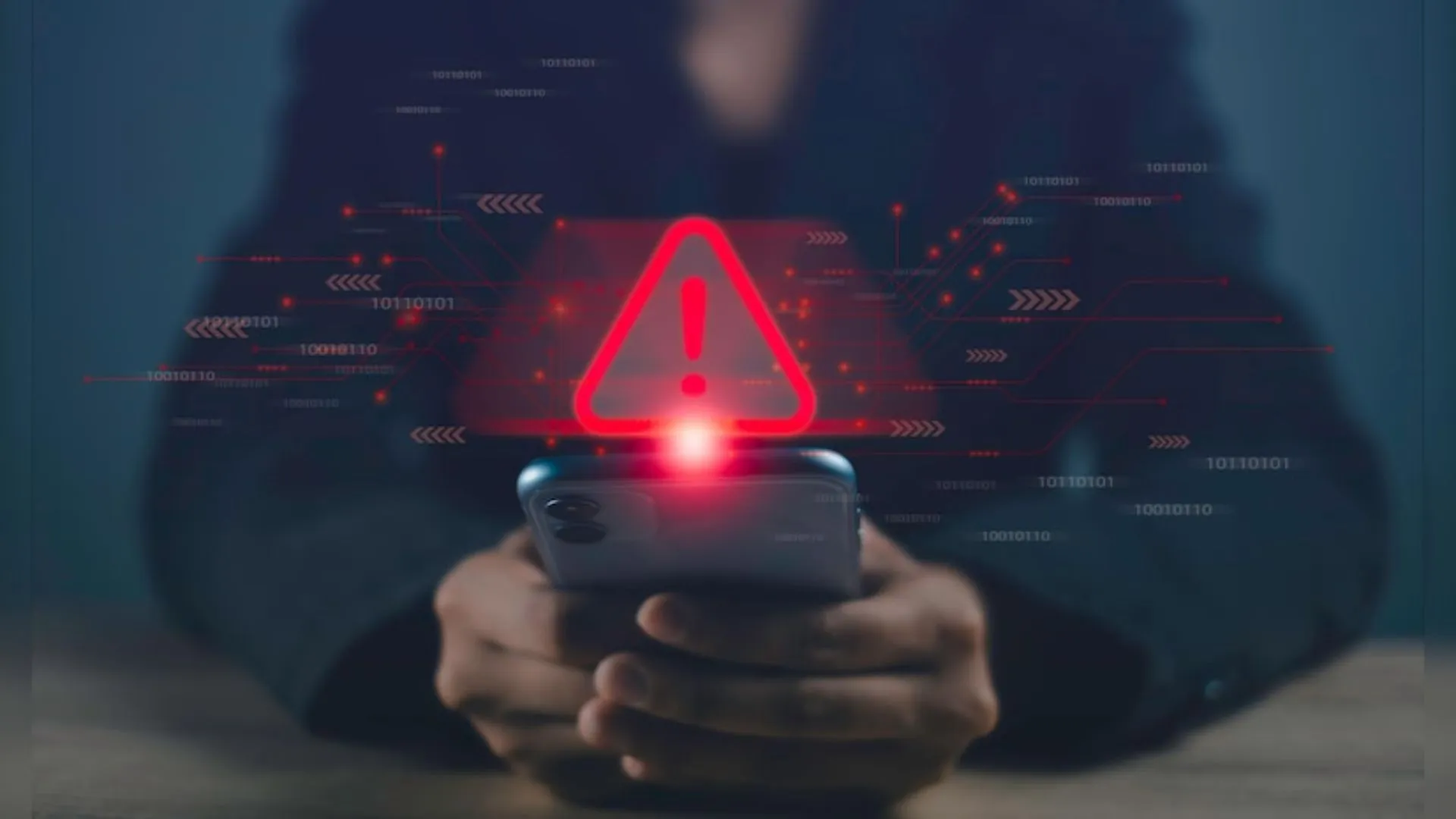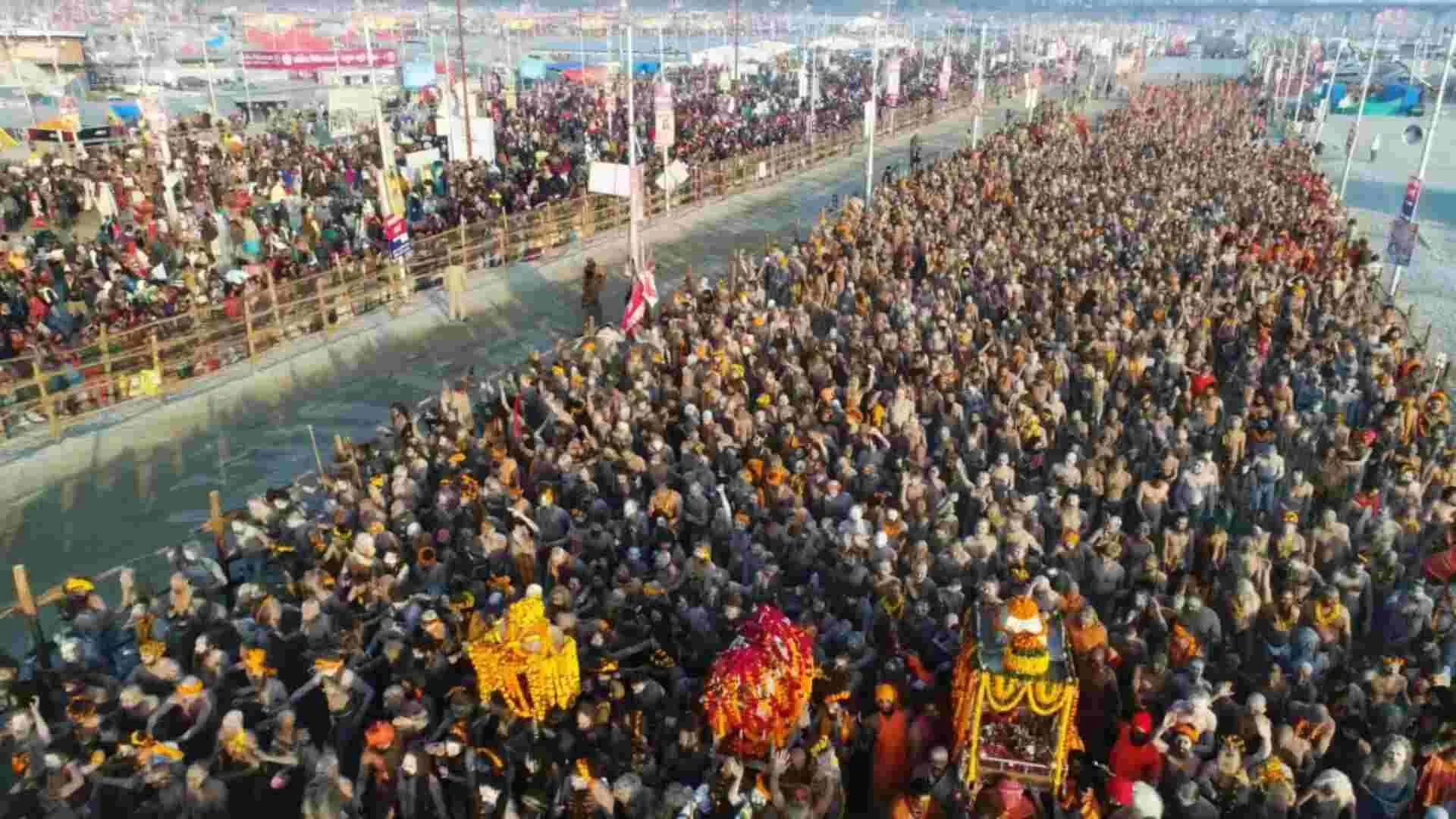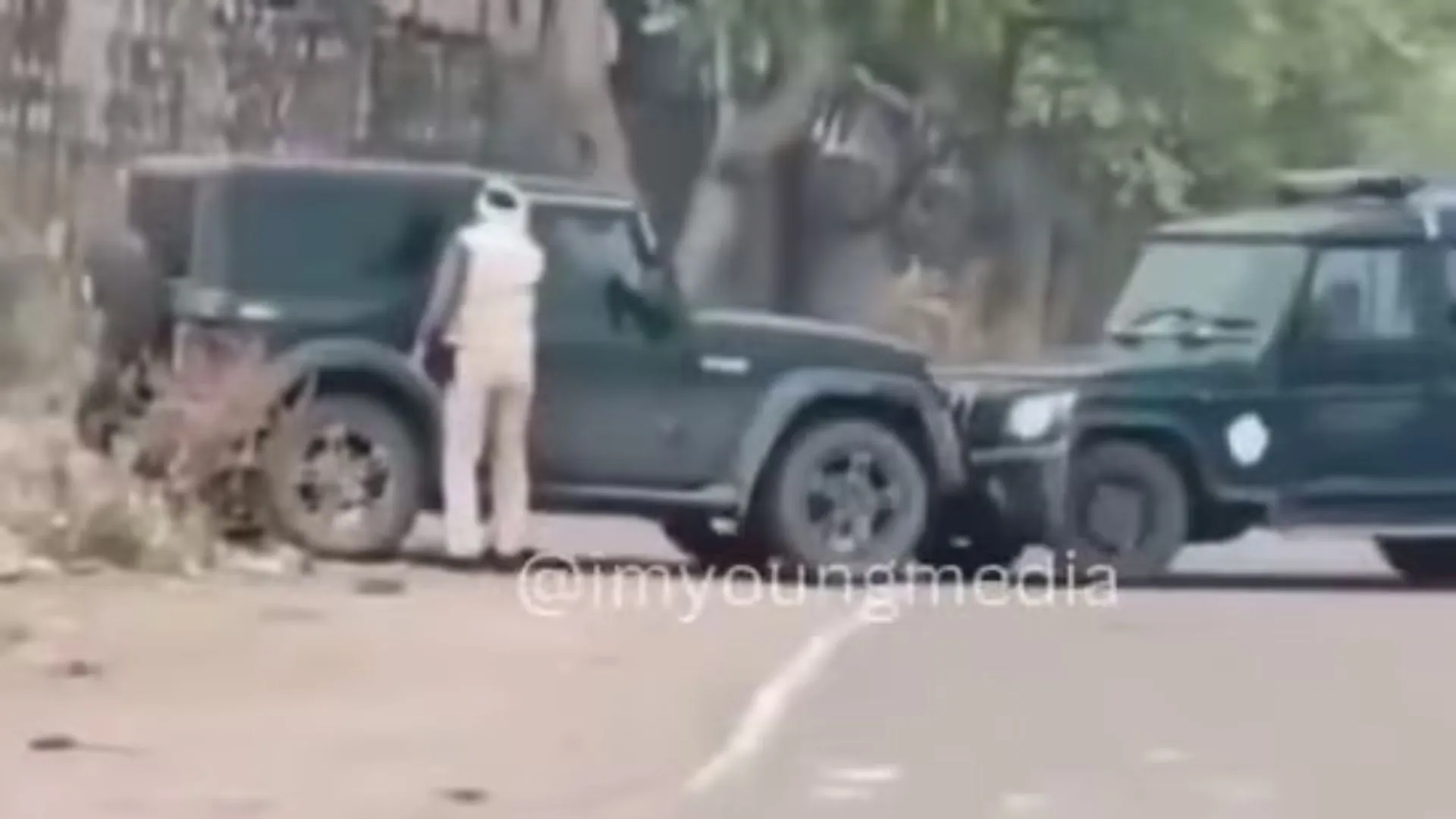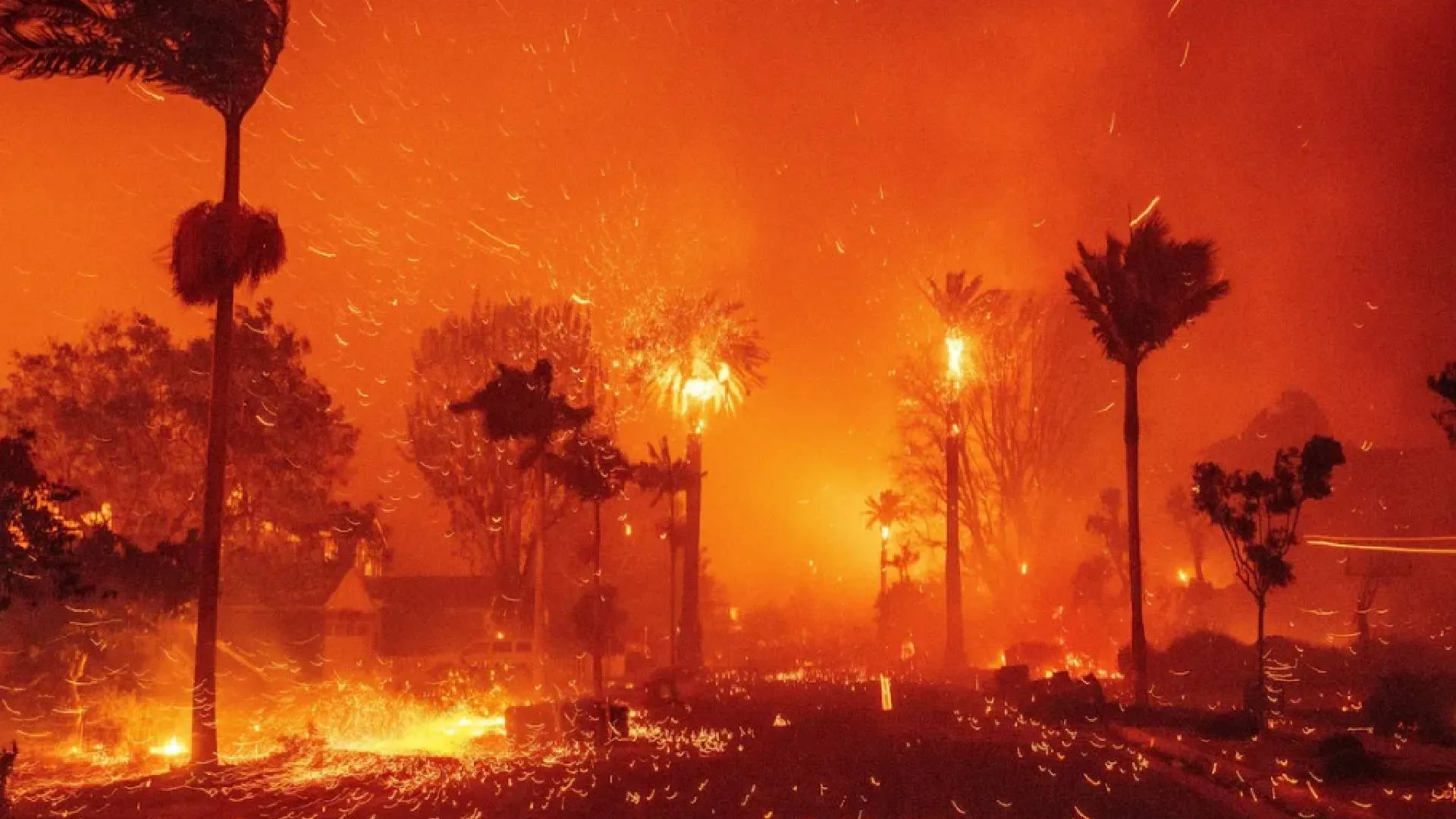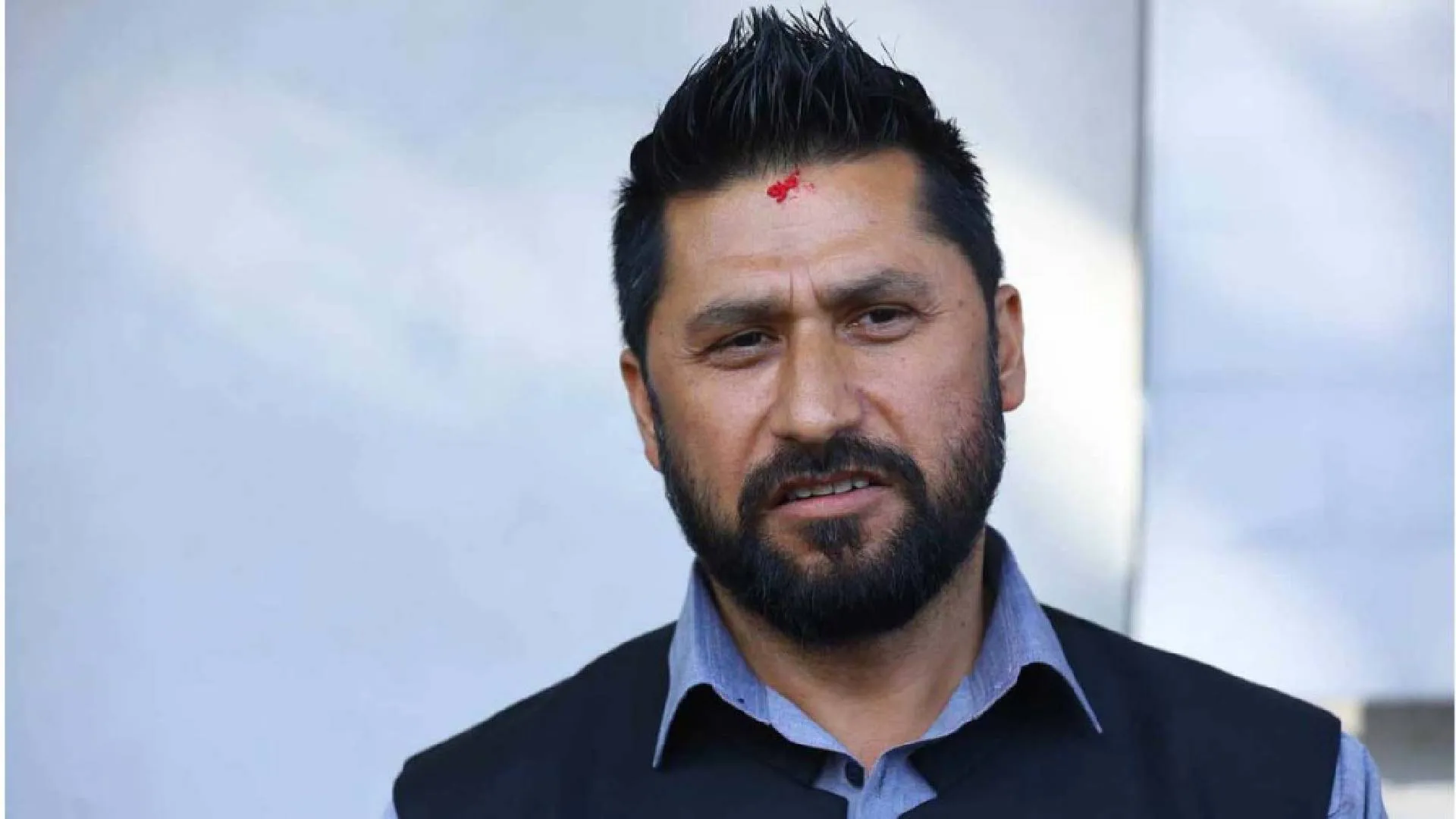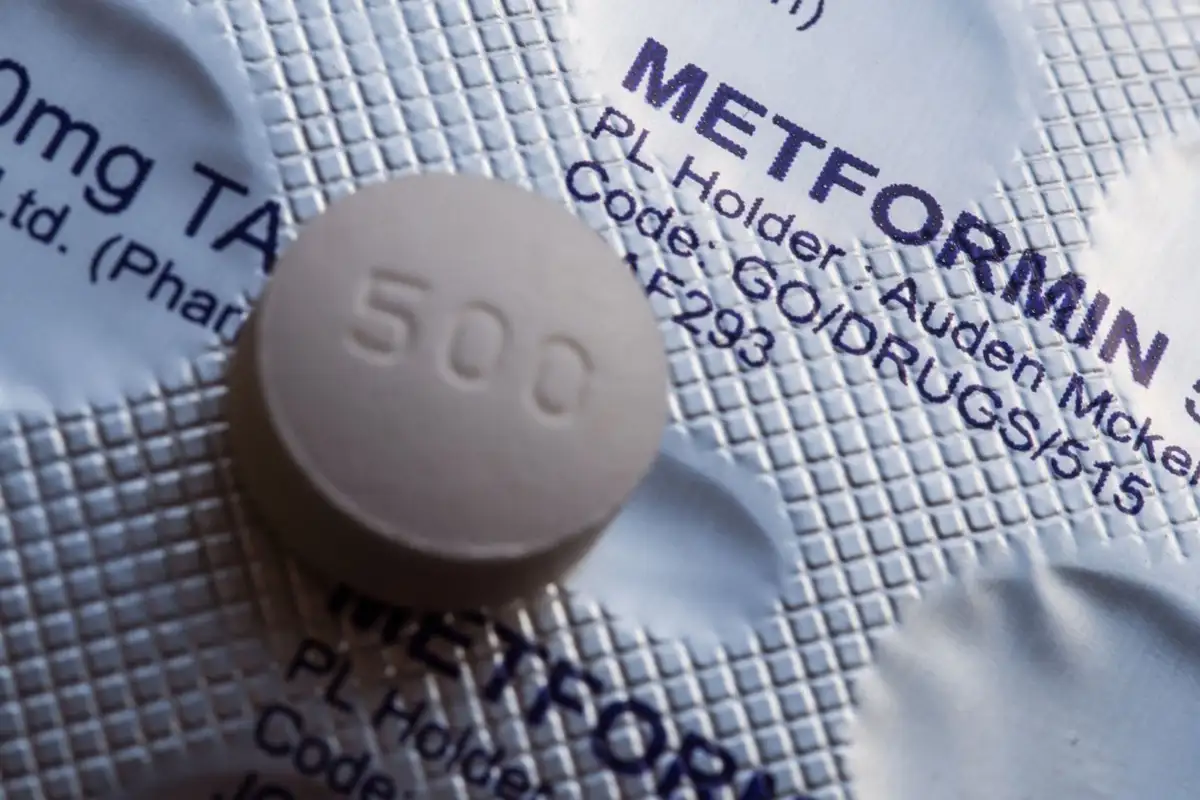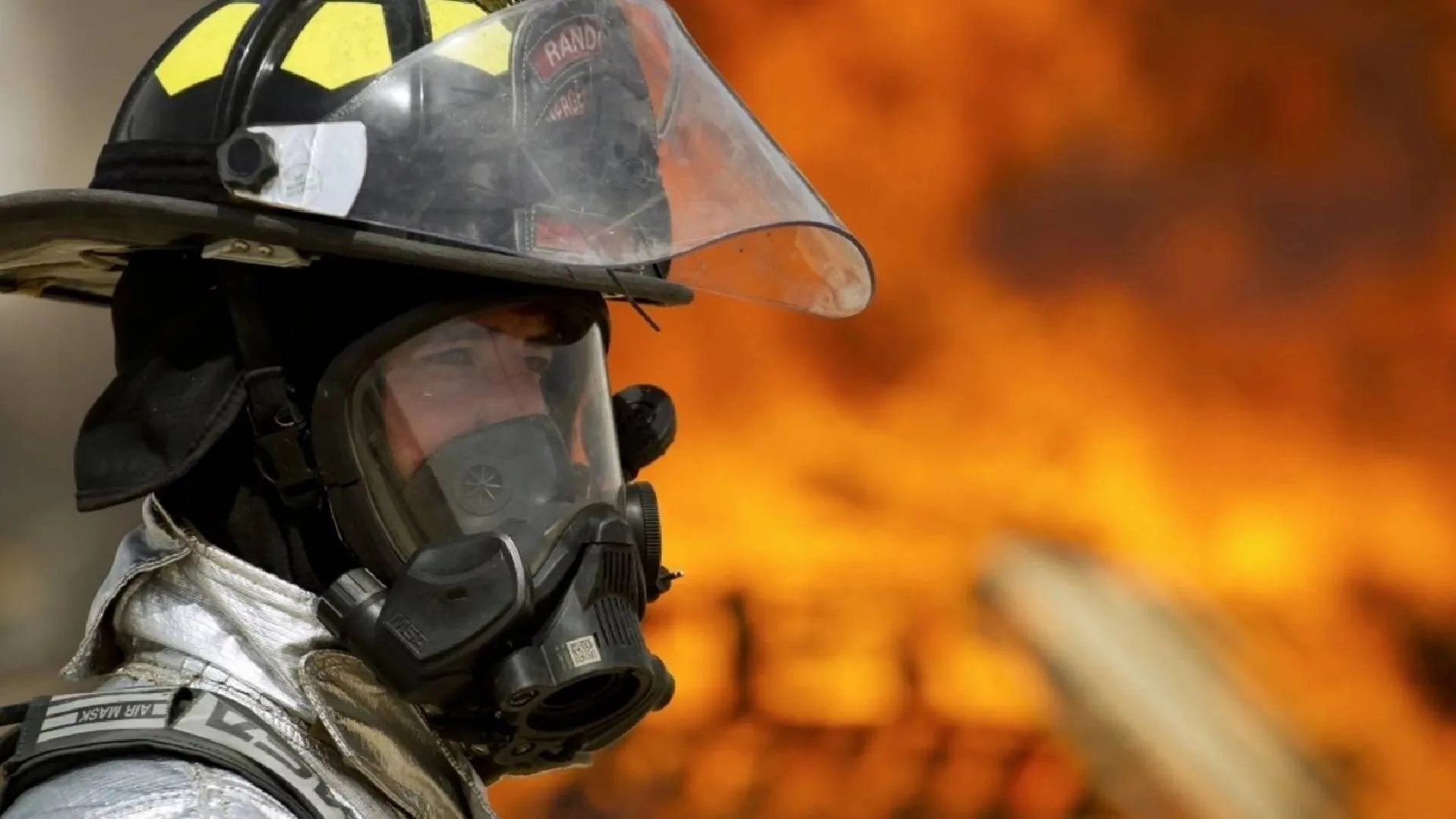The investigation into the alleged rape and murder of a 31-year-old doctor at Kolkata’s RG Kar Hospital is now focusing on a personal diary kept by the victim, which was handed over to authorities by her parents. In addition to this diary, a doctor’s notepad is also being examined for potential leads, according to sources who spoke to CNN-News18. The diary is believed to contain crucial information regarding the events leading up to her death.
Investigators are scanning the pages to determine if the victim had any interactions, threats, or altercations with the accused, Sanjay Roy. The agency has compiled a list of around 40 individuals, including doctors and police officers, for questioning, with more than 20 people already interviewed. A couple of psychologists from New Delhi also traveled to Kolkata on Saturday to assist in the questioning.
Separate teams from the central investigating agency have visited both the crime scene at RG Kar Hospital and the barracks of the Kolkata Police’s Armed Forces fourth battalion in Salt Lake, where the prime suspect, civic volunteer Sanjay Roy, was staying.
In response to protests by doctors, nursing staff, and others against the alleged crime, the Union Home Ministry has instructed state police forces to provide situation reports every two hours. The ministry emphasized the importance of monitoring law and order during the protests.
Protests have been ongoing, with women medics marching on Saturday carrying placards that read, “I don’t want to be the next victim.” Hundreds of healthcare professionals, including doctors and resident doctors, participated in the march, demanding a central law to prevent violence against healthcare workers. They began their march from Lady Hardinge Medical College, and after a sit-in at Connaught Place, continued to Jantar Mantar for a candlelight vigil.
Non-emergency services, including OPDs, diagnostics, and elective surgeries, have been disrupted across city-based health facilities like AIIMS, Safdarjung, and RML hospitals since Monday. The situation worsened as private institutions such as Sir Ganga Ram, Fortis, and Apollo joined the protests, following the Indian Medical Association’s (IMA) call for a 24-hour nationwide strike.
The IMA has called on Prime Minister Narendra Modi to intervene, seeking a comprehensive overhaul of working conditions for resident doctors, a central law to prevent violence against healthcare workers, and the declaration of hospitals as safe zones with mandatory security. They also demand a thorough investigation into the incident and appropriate compensation for the victim’s family.
The CBI has continued its questioning of Dr. Sandip Ghosh, the former principal of RG Kar Medical College and Hospital, for a second consecutive day. Ghosh, who resigned two days after the doctor’s body was discovered on August 9, has been asked about his actions and communications on the night of the incident, including his first response and how the victim’s family and police were informed.
The government’s promise on Saturday to form a committee to suggest measures for improving healthcare worker safety has not appeased the protesting doctors. Despite the assurance, OPD services remain disrupted nationwide as doctors continue their strike. The IMA is considering the government’s statement and will respond after consulting with its state branches. The AIIMS Resident Doctors’ Association (RDA) expressed skepticism, noting that similar committees in the past have failed to produce significant results. They have decided to continue the strike, halting academic activities, elective OPDs, wards, and OT services, while maintaining emergency services.

